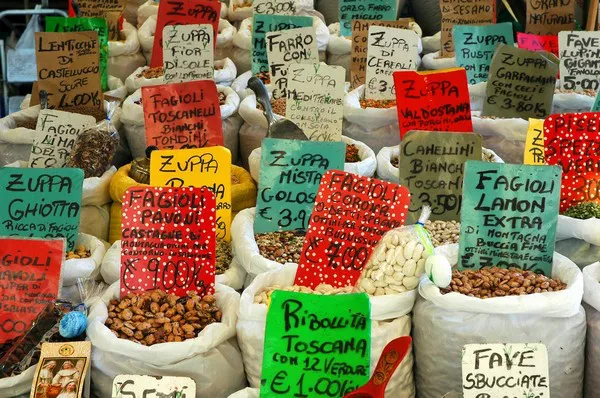French supermarket chains are gearing up to enter negotiations with food manufacturers, where they could request price reductions ranging from 2% to 5%, according to Thierry Cotillard, President of Les Mousquetaires, who shared this perspective during discussions with lawmakers. Retailers in France have been critical of consumer goods giants such as Unilever and Nestle for implementing price hikes that they deem unjustifiable. The government has also been pressuring these consumer goods manufacturers to reduce their prices.
Cotillard highlighted that lower costs for raw materials and energy have made food production and consumer goods manufacturing more cost-effective, and consequently, the prices set during these negotiations should reflect these cost reductions. “We should probably be able to demand that the big (consumer goods) groups cut prices by between 2% and 5%,” he stated.
Les Mousquetaires, which operates in Portugal under the Os Mosqueteiros banner, has successfully negotiated lower prices with consumer goods companies in Portugal due to the absence of restrictions on the timing of price negotiations. Cotillard expressed that Les Mousquetaires believes it is entirely reasonable to request the flexibility to negotiate throughout the year, similar to their counterparts in Portugal and Spain.
In France, current regulations dictate an annual window for price negotiations, running from December 1 to March 1. The country is now considering legislation that would bring forward the negotiations, with the goal of initiating talks soon and concluding them by January 15.
Carrefour CEO Alexandre Bompard also urged lawmakers to trust retailers and allow them to engage in negotiations with consumer goods groups. This plea came during discussions in the parliamentary committee on economic affairs, where Dominique Schelcher, CEO of Systeme U, and Philippe Michaud, co-president of E Leclerc, were also questioned.
Representatives from the food industry subsequently addressed lawmakers after hearing from retail executives. They argued that production costs remain high and highlighted that manufacturers have absorbed a significant portion of the inflationary shocks.
Miloud Benaouda, a board member of the food industry lobby group ANIA, cautioned against public campaigns to shame companies like Nestle and Unilever for “shrinkflation,” emphasizing that such efforts could discourage multinational companies from investing in France.
Consumer goods companies across Europe are expected to face increasing pressure to reduce prices, while authorities are intensifying their oversight of retailers. In Greece, for instance, supermarkets will be required to provide authorities with their suppliers’ price lists for essential goods in an effort to combat profiteering.
Lawmakers also raised questions about buying alliances, which some supermarkets employ to jointly negotiate prices with peers at the European level. Concerns have been raised that these alliances might allow retailers to circumvent French pricing regulations, but E. Leclerc co-president Michaud denied these claims, stating that they engage in group purchasing to bolster their negotiating leverage against manufacturers, not to evade any laws. E. Leclerc is part of the Eurelec buying alliance, along with the German retailer REWE Group.

